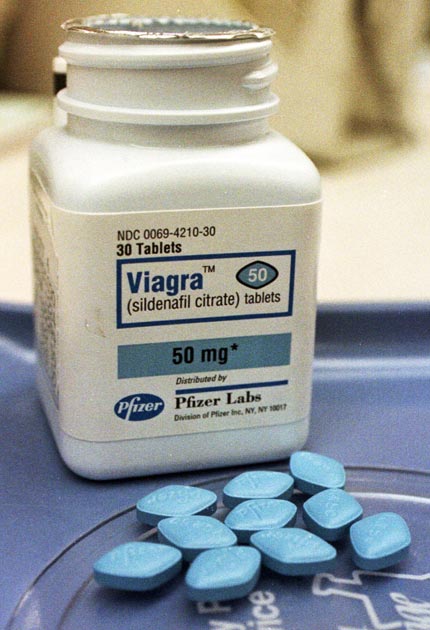Doctors call for more sexual health consultations

Men and women should be routinely asked during medical consultations if they have any sexual concerns, the British Society for Sexual Medicine (BSSM) said today.
The question could give clinicians an early warning of other health problems which the patient may be suffering but could also help to tackle social issues like relationship breakdown, experts said today.
The move should not even increase financial pressure on health services and correct diagnosis could even save money long-term, the BSSM said.
Dr Geoff Hackett, a sexual health specialist at Good Hope Hospital, Birmingham, said savings could be made where patients are inappropriately prescribed sometimes expensive drugs which do not effectively tackle their problem.
More than half of patients taking Viagra found it did not solve their problems adequately, he said, adding that low testosterone was the main problem for one in 10 men suffering erectile dysfunction and drugs like Viagra had no effect if taken alone.
"The biggest waste (of money) is a tablet that doesn't work," he said.
Dr Hackett tests the testosterone levels of all men who visit his clinic and some react angrily to being told they have wasted five years and lots of money taking pills that will not work for them.
"I have had some people say I'm going back to that surgery and asking for my money back," he said.
The doctor said low testosterone is a contributory factor for a further one in five (20%) of men suffering sexual problems.
Dr Hackett, speaking at a BSSM briefing in central London, said erectile dysfunction is already recognised as an early warning of coronary artery issues and routinely asking men about it could help to identify people with potential heart problems.
Low testosterone also increases the risk of developing type II diabetes, he said, adding that diagnosing erectile dysfunction was "seen as an important window for intervening".
The BSSM also stressed that healthy sexual function is important to a person's general well-being and undiagnosed problems could lead to conditions like depression.
Dr Hackett, who has worked in the field for more than 20 years, said: "A lot of women and men with sexual problems do present with depression and are often treated inappropriately."
He said solving sexual problems "changes the life of a lot of these patients".
Partners of men he has helped often thank him for "giving me back the man I married", he said, adding: "That's life-changing for two people."
Professor Kevan Wylie, the BSSM's lead author for the new guidelines to medical staff, stressed diagnosis was not just about restoring sexual function: "If people have the opportunity to talk about this, they may say this is affecting my relationship, that's a huge issue for society as a whole, the break-up of relationships."
Prof Wylie, a urology lecturer at the University of Sheffield, added: "The importance of sex life and sexual function to general health and well-being is not often discussed or acknowledged in our society.
"During medical consultations, both patients and doctors shy away from discussing sexual symptoms and this leads to an incomplete assessment of patients' sex lives and a failure to legitimise their needs and requests for healthy sex lives.
"Patients, especially those at high-risk of developing a sexual disorder, should be routinely asked at general health check appointments if they have any concerns."
For men this might be at general health checks but women could be asked at contraceptive appointments, sexual health clinics, during smear tests or at postnatal and menopausal assessments.
Men with diabetes, osteoporosis, cardiovascular disease and depression are among those at greater risk of sexual problems.
Women may be at a greater risk if they suffer depression, premature surgical menopause, vaginal dryness or have suffered past sexual abuse.
Prof Wylie said it was "important to open the channel for communication" even if people did not ask for help immediately.
"Some people don't want to talk about it but reflect on it and then make an appointment," he said.
Join our commenting forum
Join thought-provoking conversations, follow other Independent readers and see their replies
Comments